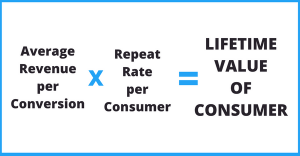Following the “Better-Seeker” Demo: Genexa Aims to “Clean” Up OTC Meds
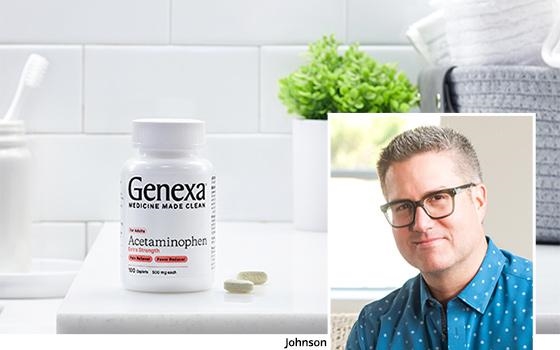
Is “clean” the new sexy? If you are a mom or dad put off by theunpronounceable “Inactive ingredients” in your kid’s Acetaminophen or OTC allergy elixir, then you are the kind of “better-seeker” Genexa’s co-founder David Johnson wants to talk with. Hell, he even puts his phone number on every OTC med he sells across tens of thousands of retail outlets. Knowing that he is taking on some of the largest, most inscrutable multi-national corporations on the planet, he uses that simple, single blade to cut at Goliaths. And it is smart, because “Clean” also reads as transparent, accessible, democratic. Johnson makes clear that Genexa is not a direct-to-consumer brand, but it does have that disruptor vibe. The company pitches its anti-establishment “clean” meds message via one of the oldest techniques in healthcare marketing – focusing as much on the original social influencers in this segment – the pediatricians. You can listen to the entire podcast at this link.
MediaPost:
David Johnson: Genexa was founded by myself and my partner Max Spielberg as young dads really spending time at the over the counter shelf trying to understand the unpronounceable ingredients in over the counter medicines for our children. We realized that about 90 to 95% of all ofthose products are the inactive ingredients. The majority of this 90% was the artificial preservatives, sweeteners and dyes. In today’s world the consumer has shifted and we saw that shift in food first and then in beverage and then in makeup and then in supplements and there was nothing being done in this massive space of cold, flu, pain, and all the things that we go to the over the counter shelf for. So at that point, we thought that if something can be done to really disrupt and take on this industry we should go do it.
MP: So who do you regard as your main competition?
Johnson: The true competition being the bigger companies, bigger pharma but, at the end of the day, they’re not so much competition because they’re not going to change what they’ve been doing for so many years so while they are competition in terms of shelf space, in terms of how we differentiate, the overall competition right now truly in our space is no one.
MP: What are your biggest selling products?
Johnson: We’ve got about 30 products in market. Our top selling products are pain and allergy products. One in four kids now react to an allergen and we make sure that we remove all of the allergens that are commonly found in over the counter medicines. And then on the on the allergy side when you’re taking an allergy product, you probably want to make sure that you’re not taking anything with allergens in it as well, so we do a lot of sales within the allergy category as well.
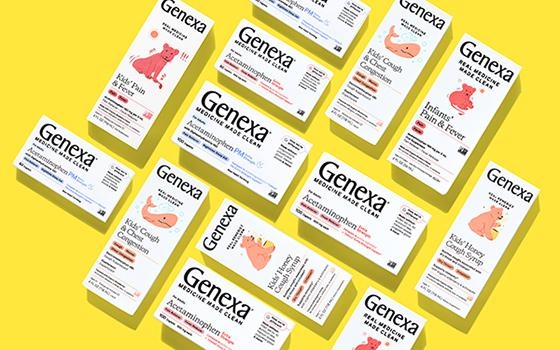
MP: From a marketing perspective, what are the main regulatory constraints, you have to work within for your products?
Johnson: The things that we focus on most when it comes to the marketing side is really our differentiators. So we don’t ever want to say that there’s guarantees or anything like that when you’re taking the product, you want to make sure that the product is taken safely and that it’s dozed correctly. o in terms of the marketing our real focus is on the differentiator between our products and the bigger boys.
MP: How do you sell “clean?” And I know that may sound like a silly question but in many ways, there are a lot of ways that a marketer can come at clean. You can sort of demonize the competition as somehow adulterated, or you could somehow create a halo around the particular qualities, values that are associated with clean.
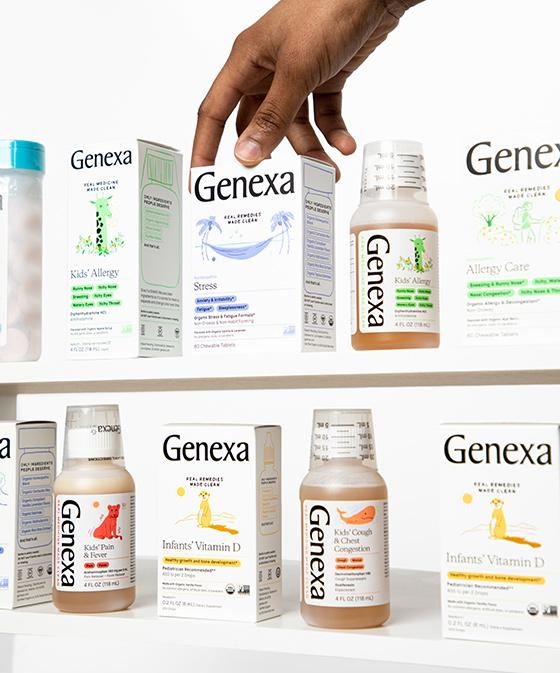
Johnson: It’s a great question and for us, clean medicine is medicine with the same effective active ingredients as the category leaders, but without any of the artificial dyes, preservatives, sweeteners, common allergens, and other synthetic fillers. So when we say “clean”, we are really focused on inactive ingredients being removed and removing all of those synthetic ingredients, those common allergens, and so on. We have an X-list of an enormous amount of ingredients that we will never use.
We believe that the consumer should have a choice on whether to take red dye extract or beet root extract. They both do the same thing; they turn the tablet red. So for us it’s about being more transparent.
MP: What messaging comes out of this? Does Genexa have a tagline, does it have a particular theme and brand identity that it brings to market?
Johnson: While our tagline is “Medicine Made Clean”, our focus from a creative standpoint is really giving the consumer the education behind this product versus that product. We list what’s in those products, and then we define it, and then we compare that to Genexa products. But it’s more like an “Aha” type of marketing in terms of creatively how the consumer looks at the product, versus us having to attack or throw it in someone’s face or be aggressive towards the competitor. We’re giving the consumer an option to choose clean, choose better and they have that option and they move on that.
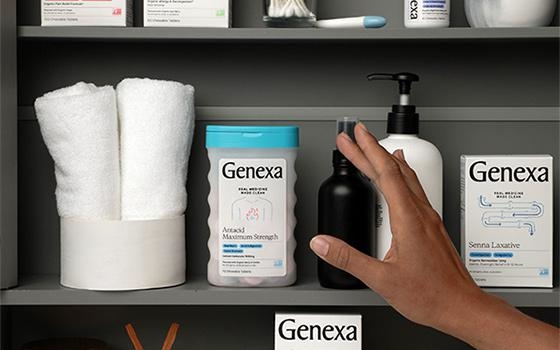
MP: It’s an important distinction, because it has everything to do with marketing, it’s how you construct your audience, how do you talk to your audience and envision them. It sounds like you’re envisioning and constructing your audience as the reasoned, logical research-laden consumer that you’re educating or is already educated and now you’re giving them the reasonable option.
Johnson: I think, though, taking that a step further, we’re not only giving them the reasonable option. So the consumer today is much more aware than they have been in the past. As I said before, as you go through the different areas of what we put in our bodies or on our bodies, and that’s caused many companies to have to shift their ingredient profiles and how they’re looking at things. So it’s really talking to a consumer that’s already looking for better and looking for ingredients that they can pronounce and ingredients that they can understand when delivering it to themselves and their children.
MP: Who’s your target demo? Is there is there an ideal consumer for this, or is there a particular demo, a particular region, particular stage of life?
Johnson: The primary demo for us is really the better seeker community. So it’s about 33% of America, it’s led by moms and dads and it’s a group that really focuses on just better for you products, ingredients, lifestyle, etc.
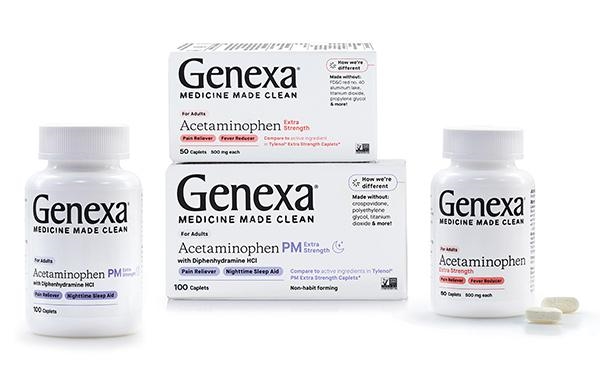
MP: Better seeker. I’m not sure I’ve heard “better seeker” before. Flesh that idea out a bit.
Johnson: I think the way that we define a better seeker is someone that’s actually looking for better, so maybe more focused on health, maybe more focused on gym, maybe more focused on how they’re raising their children. Like I said, it’s 33% of America and it’s a growing sector of society.
MP: What’s the distribution network so far for this? How much of your business is DTC, Amazon, retail?
Johnson: Within the over-the-counter space, Amazon really allows us to get the product to a consumer faster than through our own DTC website. DTC website and online is a smaller percentage obviously because we’re in 45,000 stores in the country, so really, the brick and mortar is the larger majority of the business.
MP: And what are the main marketing and media channels that you’ve been using?
Johnson: Obviously we all know that Facebook had a lot of algorithms that changed over the years, so what we like to do is really focus on the consumer. We’re very different than the other companies in this space. Max and I have our phone numbers on the side of every package that goes out into the world. We can always be reached. Every Friday, Max and I call 10 consumers and we talk to them about the products or products that they would like to see in the portfolio. We really pride ourselves on the people side of the business. We really focus on the pediatric grassroots side of it. We build it through pediatric networking; we build it through referrals to the overall consumer. J&J built pretty much their whole children’s portfolio off of pediatricians’ recommending the product. And then we go through some other channels as well that are focused on mom, dad, and child.
MP: Tell me a little bit about your customer acquisition channels beyond the pediatric network.
Johnson: So once a consumer tries a product of Genexa, they don’t usually go back because there’s the efficacy standpoint and then there’s the ingredients that they know and trust and want to take. I think the pediatric network obviously from a sampling perspective gives the consumer an opportunity to come back and buy it in the mass market retailer space. From a consumer acquisition standpoint, we are not a DTC business. So while we always have to track the lifetime of a consumer, we understand the lifetime of a consumer that’s in market when it comes to cough cold season and when it comes to allergy season, and how quickly a product turns when someone’s faced with serious cough or congestion and how quickly a product turns when someone’s faced with allergy or sleepless nights. So there’s more details around all of that.
MP: Take us out 5-10 years, what are the goals for Genexa as a brand, where do you want to move into next?
Johnson: If you had asked our chairman who actually spent 40 years at J&J, he would tell you that he expects that 50% of this category will be clean in the next five years, and I would tell you that’s kind of echoed from retailers as well, and I think for us it’s continuing to lead that momentum, continuing to develop the products that have to be developed across all the spaces of allergy and sleep and gut health and pain. We’re in some now but there’s a lot more to go to really give the consumer an option to choose clean well into the future.
(15)






